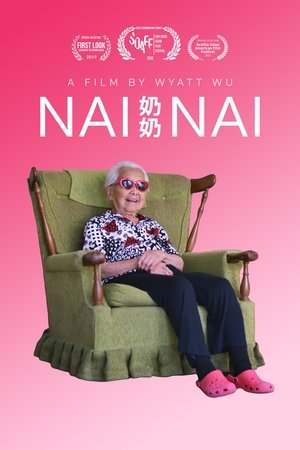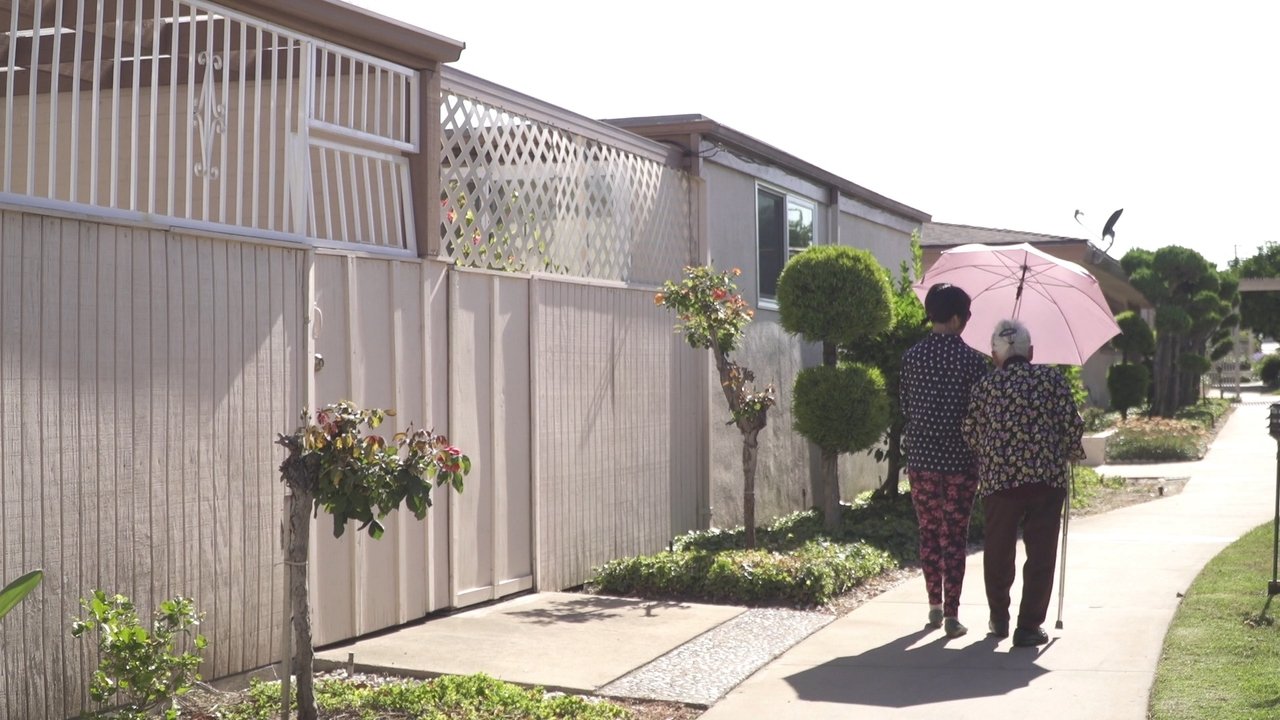
Nai Nai(2018)
The other "Nai Nai" short documentary that isn't Oscar-Nominated.
Nai Nai follows the story of a Chinese immigrant grandmother, Chu-Ming Wu. Known as “Nai Nai,” Chu-Ming has always been a woman of control. But her grasp of reality and the control of her own mind is slipping away. Told through the lens of her grandson, the film focuses on the joyful, heartbreaking and intimate moments in the last chapters of her life.
Movie: Nai Nai
Video Trailer Nai Nai
Similar Movies
 8.2
8.2Sieben Mulden und eine Leiche(de)
Thomas Haemmerli is about to celebrate his fortieth birthday when he learns of his mother's death. A further shock follows when he and his brother Erik discover her apartment, which is filthy and full to bursting with junk. It takes the brothers an entire month to clean out the place. Among the chaos, they find films going back to the 1930s, photos and other memorabilia.
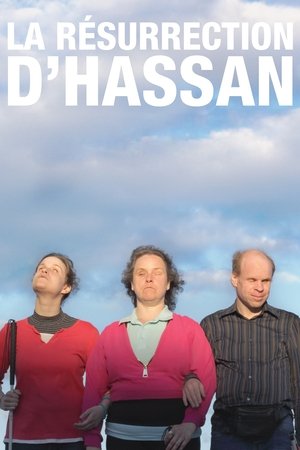 6.0
6.0Resurrecting Hassan(en)
Traces the lives of the Hartings, a blind Montreal family of three who make their living singing in the city's subway stations. The Hartings lost their only sighted child Hassan in a tragic drowning accident, and have since turned to the teachings of Russian mystic Grigori Grabovoi, hoping to resurrect their son. Resurrecting Hassan is an exploration of this family's legacy of grief, tragedy and abuse; the film will follow them on their path to redemption.
 7.9
7.9Koyaanisqatsi(en)
Takes us to locations all around the US and shows us the heavy toll that modern technology is having on humans and the earth. The visual tone poem contains neither dialogue nor a vocalized narration: its tone is set by the juxtaposition of images and the exceptional music by Philip Glass.
Der entsorgte Vater(de)
In moving interviews, four fathers describe their suffering and efforts to keep contact with their children. A mother justifies the refusal of contact from her point of view. Despite the seriousness of the topic, the film manages to remain entertaining and even delivers an amusing snapshot of German sensitivities and the state of the Republic.
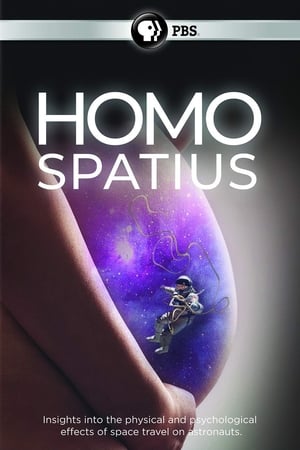 6.1
6.1Homo Spatius(fr)
Can Homo sapiens evolve into Homo spatius? For over 50 years now, we have been testing our human nature in our effort to conquer outer space, and still 30 years away from a possible human exploration of Mars, a question remains: Can our body take such travels? Will it ever adapt? Combining human adventure and the exploration of the human body, this film offers unique insights into the physical and psychological effects of space travel on the Astronauts and measures the impact on medical sciences.
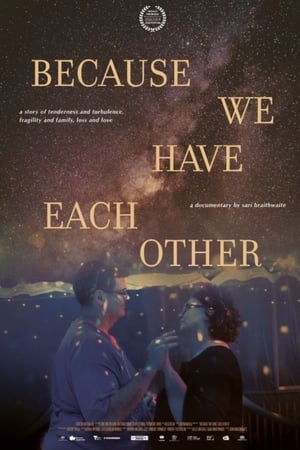 0.0
0.0Because We Have Each Other(en)
Janet Sharrock has two children and Brent “Buddha” Barnes has three; the pair has a meet-cute at the local RSL, marry and unite their families, Brady Bunch style. Now grown up, Becky (famous for being one of only 80 people in the world with Highly Superior Autobiographical Memory), Jessica (a comedian living with depression), Brendan (who aspires to take over Buddha’s repair shop), and young Kylie and Dylan laugh, cry, contemplate existence and dream big with their parents, finding joy and stability in one another as they face immense change.
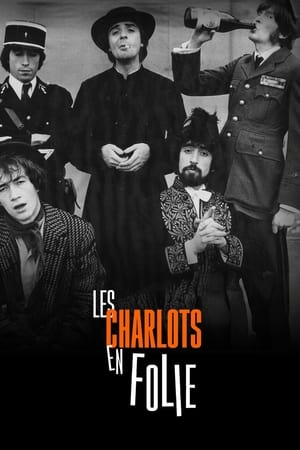 8.0
8.0Les Charlots en folie(fr)
Documentary on Les Charlots, known as The Crazy Boys in the English-speaking world, a group of French musicians, singers, comedians and film actors who were popular in the 1960s, 1970s, and early 1980s.
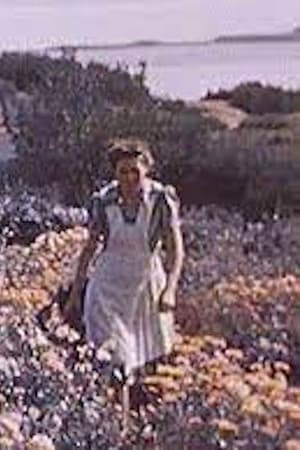 0.0
0.0Alexis Tremblay: Habitant(en)
This short documentary illustrates rural French Canadian life in the early 1940s. The film follows Alexis Tremblay and his family through the busy autumn days as they bring in the harvest and help with bread baking and soap making. Winter sees the children revelling in outdoor sports while the women are busy with their weaving, and, with the coming of spring young and old alike repair to the fields once more to plough the earth in preparation for another season of varied crops. One of the first NFB films to be produced, directed, written and shot by women.
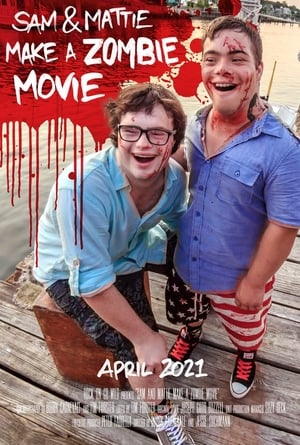 6.7
6.7Sam & Mattie Make a Zombie Movie(en)
Documentary about the making of ’Spring Break Zombie Massacre.’
The Race for Everest(en)
The dramatic story of the British expedition that made the first ascent of Everest. Combining interviews with the surviving members of the 1953 British and 1952 Swiss attempt on Everest with rare archival material, this film tells the story of the race to climb Everest in the early 1950s and its climax in 1953.
 0.0
0.0Back To Africa(en)
An Austrian director followed five successful African music and dance artists with his camera and followed their lives for a year. The artists, from villages in Ghana, Gambia and Congo, were the subjects of Africa! Africa! touring across Europe, but they have unbreakable roots to their homeland and their families. Schmiderer lovingly portrays his heroes, who tell their stories about themselves, their art and what it means to them to be African with captivating honesty. The interviews are interwoven with dance scenes and colourful vignettes set to authentic music.
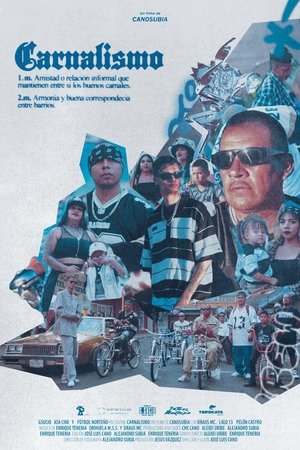 0.0
0.0Carnalismo(es)
In the heart of Durango, the Low Biker community has forged a unique bond through a shared love for cumbias and custom bicycles, uniting neighborhoods across the city in a vibrant, collective passion. Amid the joy of their culture, they face the harsh realities of discrimination and prejudice, navigating daily challenges from a society that struggles to accept their way of life.
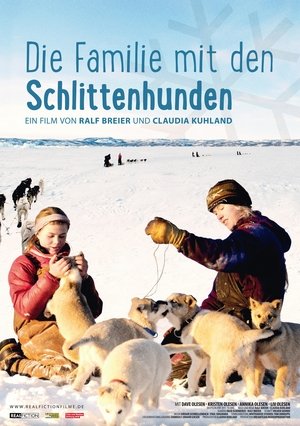 0.0
0.0Not Without My Dogs(en)
Out of love for Huskies, nature and cold winters Dave and Kristen Olesen moved from Minnesota to the North West Territories in Canada 25 years ago to create their own little universe on the magnificent East arm of Great Slave Lake. With their two daughters Annika 15 and Liv 12 and their 37 dogs, the Olesens enjoy a unique lifestyle in the wide open wilderness far away from civilization. One winter they all leave their self-built homestead with ten dogs on a two and a half thousand mile family expedition allowing Annika to run the Junior Iditarod in Alaska. As unexpected obstacles all along the trip culminate in three heavily injured dogs the whole endeavor is at risk. Optimism, love and loyalty prevail on this exciting epic family voyage.
 6.6
6.62 or 3 Things I Know About Him(de)
What would your family reminiscences about dad sound like if he had been an early supporter of Hitler’s, a leader of the notorious SA and the Third Reich’s minister in charge of Slovakia, including its Final Solution? Executed as a war criminal in 1947, Hanns Ludin left behind a grieving widow and six young children, the youngest of whom became a filmmaker. It's a fascinating, maddening, sometimes even humorous look at what the director calls "a typical German story." (Film Forum)
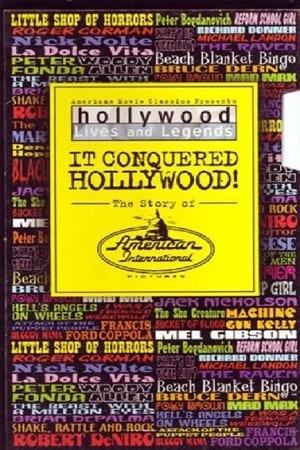 6.8
6.8It Conquered Hollywood! The Story of American International Pictures(en)
A 60-minute salute to American International Pictures. Entertainment lawyer Samuel Z. Arkoff founded AIP (then called American Releasing Corporation) on a $3000 loan in 1954 with his partner, James H. Nicholson, a former West Coast exhibitor and distributor. The company made its mark by targeting teenagers with quickly produced films that exploited subjects mainstream films were reluctant to tackle.
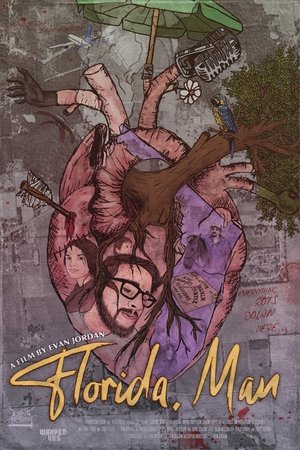 0.0
0.0Florida, Man(en)
Florida, Man is a "mostly real" faux documentary exploring filmmaker Evan Jordan's haunted past and future possibilities - shot on location in his hometown and featuring a roster of extended family, friends, and other colorful characters from the American South.
 7.1
7.1The Story of the Weeping Camel(mn)
When a Mongolian nomadic family's newest camel colt is rejected by its mother, a musician is needed for a ritual to change her mind.
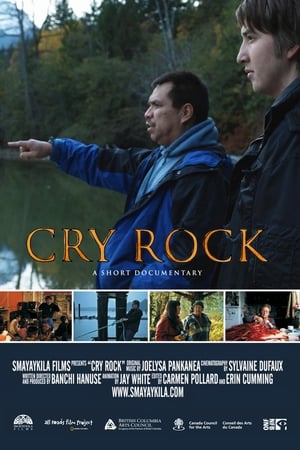 0.0
0.0Cry Rock(en)
The wild beauty of the Bella Coola Valley blends with vivid watercolor animation illuminating the role of the Nuxalk oral tradition and the intersection of story, place and culture.
 7.2
7.2Anything Can Happen(pl)
A story of life and death, featuring Lozinski's six-year-old son Tomaszek and elderly people spending time on the benches of a Warsaw park. Riding his scooter, Tomaszek asks the elderly very adult, though basic, questions, which they are happy to answer. The boy's ideas of future and life are confronted with those of men at the end of their lives.
